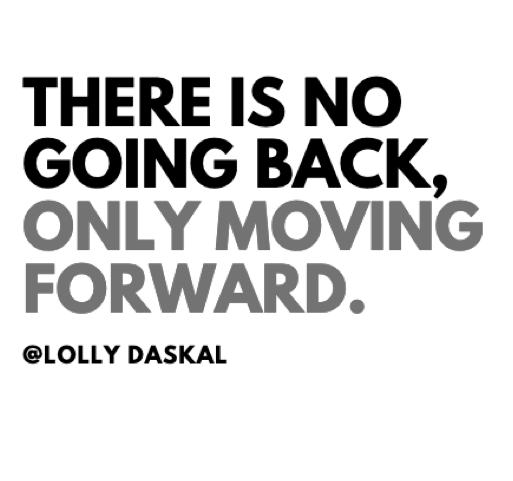about 5 years ago

The country (and the world) have been thrown into lockdown forcing working from home to become the new norm. Although the shift in flexible working has been a hot topic for a number of years and the benefits for both employers and employees discussed at great length has Covid19 propelled working from home into a permanent fixture? In the past flexible working has been seen as an issue that in the majority affects new parents, however studies have debunked that myth and it turns out we’d all love the chance to spend a little more time working where we want.
As companies face economic struggles this way of working could really have serious advantages for business. Some employers will choose to downsize their leases or look for flexible office space rather than long-term leases. Employees working from home will reduce costs related to computers, phones, electricity, heating, and air conditioning and all the other little necessities that keep an office operating (including that snack bill)Being able to employ the best people for your business regardless of geographics is a huge bonus. Without the limitations of location, the pool of candidates open to you is significantly greater!
Research has shown just 1/3rd of UK workers are happy with their current work/life balance, which could be affecting productivity levels in the office as we spend more and more time commuting. Disproportionately affecting Londoners, who in recent years are finding themselves living further from the City, cutting the commute would affect many facets of employees’ lives.
Gaining an extra hour or so of their day, 60% of HR Directors have seen an increase in work productivity after allowing employees to work remotely. This increase has been put down to everything from wanting to prove themselves worthy of the trust, to the ability to use their own devices.
Other areas of improvement include:
Reduced staff turnover, allowing employees to work flexible schedules can increase job satisfaction and reduce turnover
Increased Productivity-studies show that staff who work from home are more productive than those who work in a typical office environment. Employees working at home have greater autonomy, face fewer interruptions, and can focus on their work.
Better mental health – With a rise in mental health issues many surrounding work-life balance having this option could significantly reduce mental health and encourage better overall wellbeing.
Environmental impact - Conducting virtual meetings and facilitating communication electronically helps protect the environment through reduced automobile emissions as well as reduces commuting and travel improving individuals' carbon footprint allowing you to position your business as a good corporate steward.
With the improvement in technology including Zoom and Microsoft Teams. The Covid19 crisis has forced us to adapt to using these high-quality video conferencing platforms and change the way we approach our working day. Can we really imagine going back to the way we were? – supporters of the working from home movement believe not.
We would love to hear your views! Get in touch

